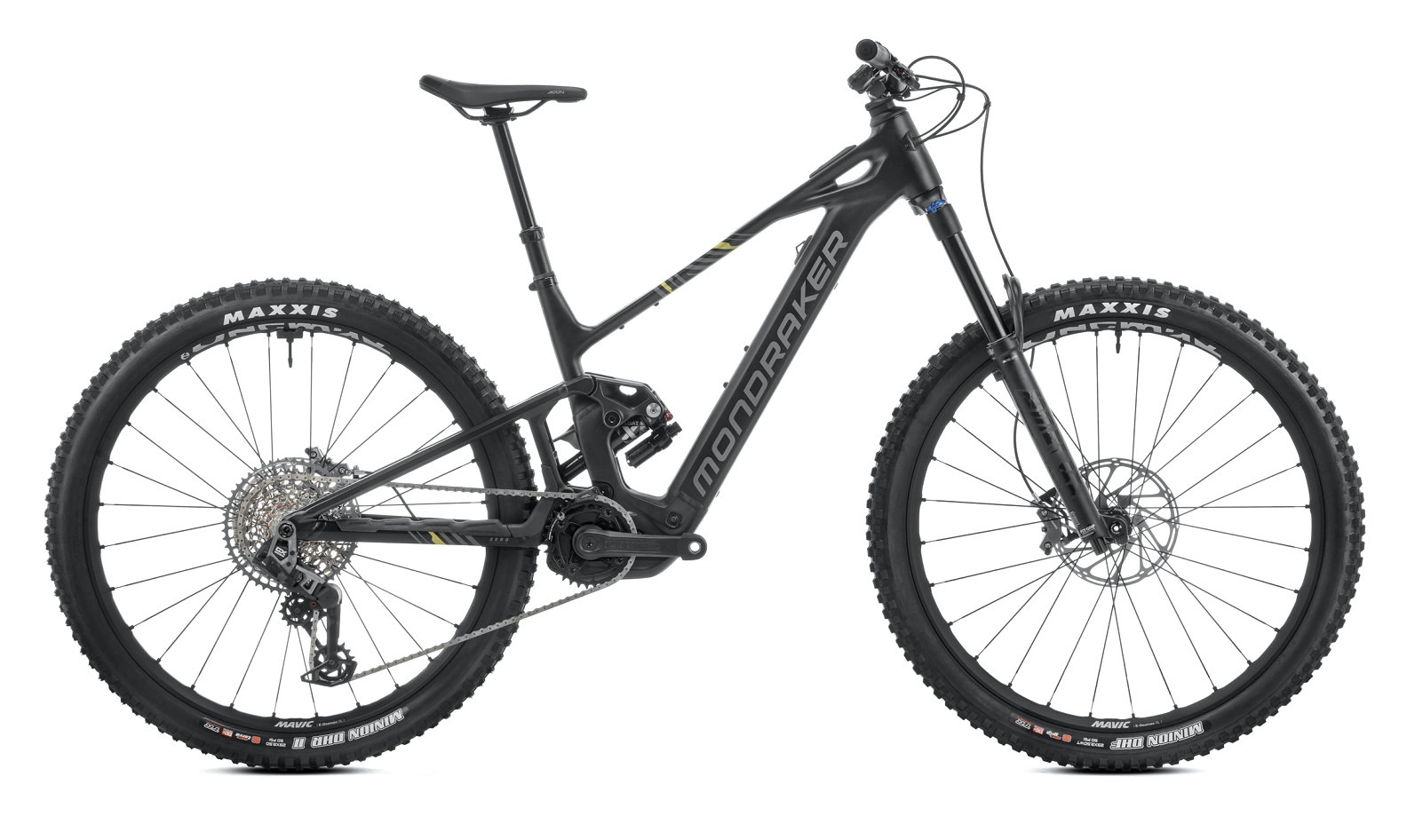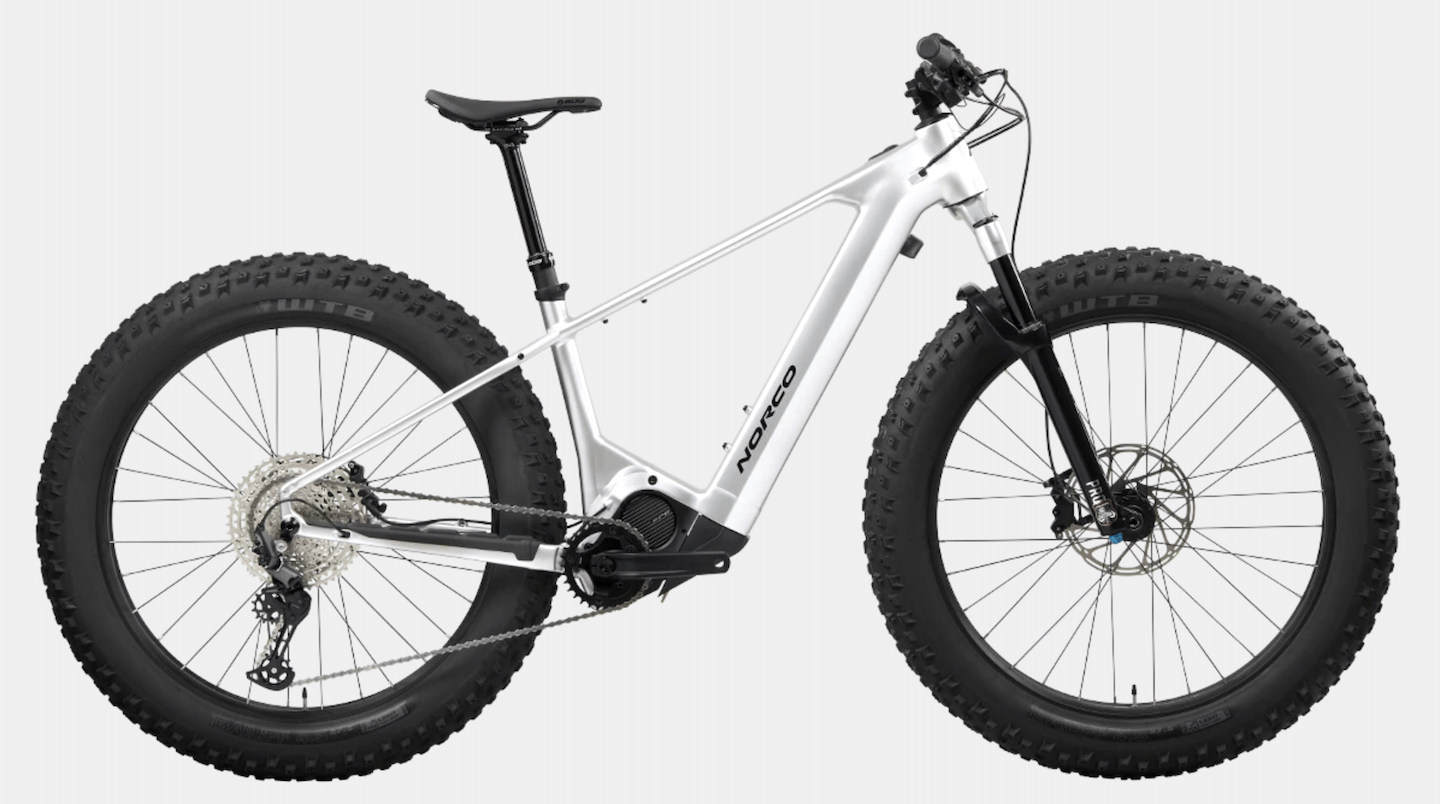December 16, 2021 - Before I ever rode an electric bicycle, I judged them harshly. As a longtime bicycle commuter, I classified e-bikes as something that wasn’t for me. If there’s a battery involved, does it even qualify as biking? That all changed the moment I rode one for the first time.

My introduction to electric bicycles was through Boulder, Colorado’s Bcycle bike share, and I was instantly hooked. Although it still required me to pedal, suddenly hills were easier, I could easily offload my heavy laptop bag and I wasn’t breaking a sweat. A month later, I bought a $1,500 e-bike of my own. There’s no bike share station near my home in South Boulder nor at my office in East Boulder, and my new vehicle makes the 12-mile round trip easy, even with 40 pounds of groceries. The e-bike has completely replaced my in-town car use, lowering my carbon footprint and boosting my cardio.
My experience underlies how e-bikes are transformative, for individuals and the environment, but also a marker of privilege. I had $1,500 in savings that I could spend on something I didn’t need. And, if I wanted to spread out the payments, I have easy access to good credit. For many low-income individuals — those who are less likely to own a car or live close to their places of employment and other essential services — such an extravagant purchase would be out of the question yet all the more vital.
Equitable bike share is one solution and the reason the Better Bike Share Partnership (BBSP) exists. We help promote expansion into historically marginalized neighborhoods through community engagement and we’re advocates of low-income pass options. Despite seven years of effort, however, many bike share systems continue to be built for a certain type of nine-to-five, white-collar commuter, concentrated in downtown city centers and not well integrated with transit. Even for those who do have access to bike share, it may not include electric bikes, which better allow people of all ages and abilities to travel farther distances with heavier loads.
In this context, the growth of e-bike libraries makes sense. Some, such as those run by the Vermont-based nonprofit Local Motion, are indiscriminate in who they cater to. Local Motion lends e-bikes out of its Burlington headquarters and on a roving basis across six other communities in the state, exposing more people to the technology and encouraging personal adoption. Borrowers are able to take home cargo e-bikes and other commuter options for a week at a time to see how it suits their daily needs. Similarly, the Canberra Electric Bike Library in Canberra, Australia — run by the nonprofit SEE-Change and supported by the government — allows residents to try a variety of e-bikes for up to two weeks free of charge.
Many other e-bike schemes specifically cater to low-income populations or essential workers. Two 2021 BBSP grantees, People For Mobility Justice and Reddy Bikeshare, set up e-bike libraries of their own. The former is a long-term project based in California’s San Fernando Valley that will make 100 pedal-assist e-bikes available to low-income individuals that don’t have easy access to other vehicles. The latter is based in Upstate New York and repurposed donated Uber JUMP bikes into two libraries run by the nonprofits Create a Healthier Niagara Collaborative and the East Side Bike Club. Each library offers around 50 e-bikes free of charge to locals, who only need to sign up online and complete a 20-30 minute orientation. The hope is that by partnering with community organizations and individuals in areas where unemployment rates are high, income levels are low and health outcomes are bleak, the free e-bikes might be a force for good.
A completely different model is being piloted by Colorado agencies at the city and state levels. Launched in fall 2020, the Can Do Colorado eBike Pilot Program used funds from the Colorado Energy Office to supply 13 essential workers in Denver with e-bikes. The success of the program inspired other cities throughout Colorado to do the same, including Pueblo, Durango, Fort Collins and Boulder. As the Mile High City looked to iterate on the pilot, e-bike libraries made a lot of sense.
“We wanted to focus on under-resourced communities that don’t have great mobility options,” said Mike Salisbury, transportation energy lead at Denver’s Office of Climate Action, Sustainability and Resilience. “We want to give people more options to get to the places they need to go in their lives, whether that’s work or the store or a doctor’s appointment.”
Read the full article here.
















